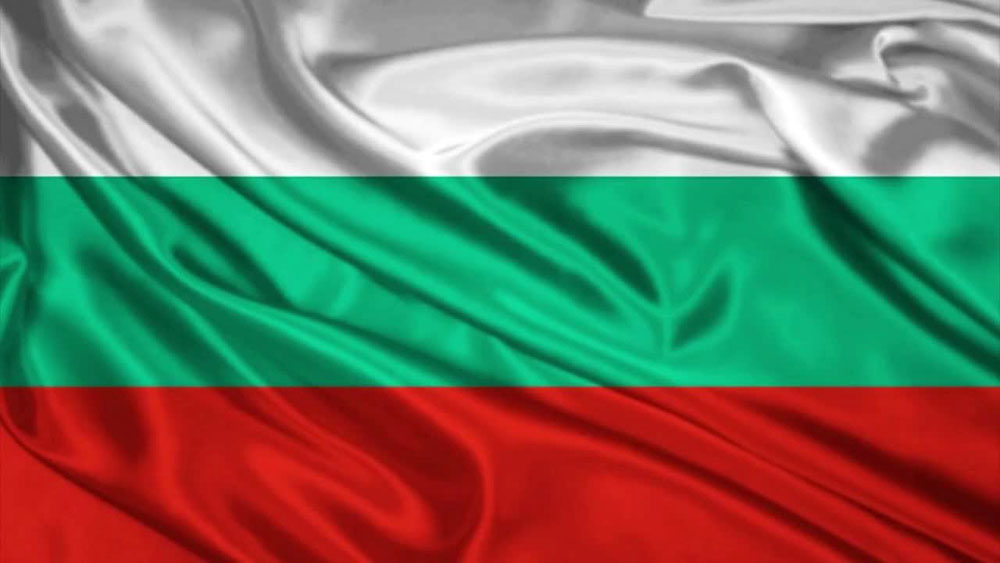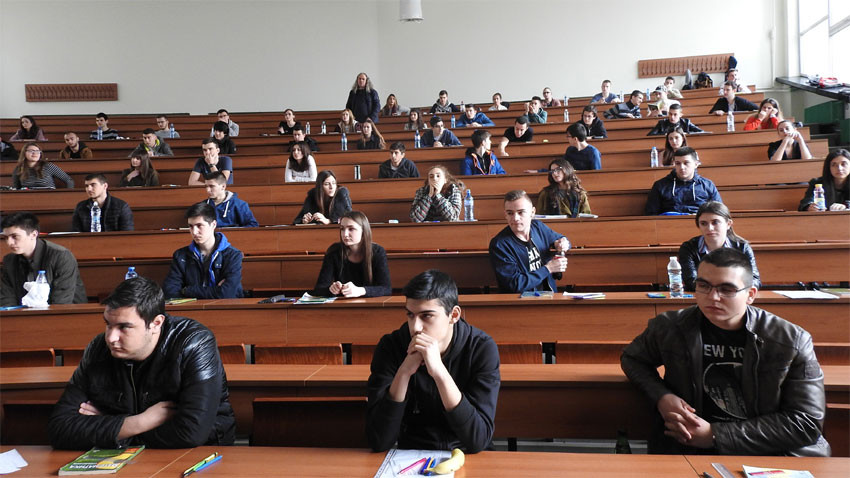
Bulgaria
Unity makes strength

History
Geography
Culture
Religion
Education
Education in Bulgaria is overseen by
the Ministry of Education and Science. Since 2012,
compulsory education includes two years of preschool
education (usually starting around age 5), before children
start primary school. Education is compulsory until age of
16. Education at state-owned schools is free of charge,
except for the higher education schools, colleges and
universities. In 1998 enrollment in the primary grades was
93 percent of eligible students, and enrollment in the
secondary grades was 81 percent of eligible students. The
ratio of females to males in primary schools was 0.97, and
the ratio in secondary schools was 0.98. Because of
Bulgaria’s low birthrate, total primary- and
secondary-school enrollment has decreased in the
post-communist era, causing reductions in teaching staff
and facilities. At the same time, the number of private
schools increased by 10 times during the  1990s.
Bulgaria’s higher education system was fully reorganized
in the mid-1990s. Between 1995 and 2002, the number of
university graduates increased from 33,000 to 50,000. In
2002 some 42 institutions of higher learning were in
operation, and 215,700 students were enrolled. In 2003
some 4.9 percent of Bulgaria’s national budget was devoted
to education. The Human Rights Measurement Initiative
finds that Bulgaria is fulfilling only 75.7% of what it
should be fulfilling for the right to education based on
the country's level of income. HRMI breaks down the right
to education by looking at the rights to both primary
education and secondary education. While taking into
consideration Bulgaria's income level, the nation is
achieving 62.1% of what should be possible based on its
resources for primary education and 89.3% for secondary
education.
1990s.
Bulgaria’s higher education system was fully reorganized
in the mid-1990s. Between 1995 and 2002, the number of
university graduates increased from 33,000 to 50,000. In
2002 some 42 institutions of higher learning were in
operation, and 215,700 students were enrolled. In 2003
some 4.9 percent of Bulgaria’s national budget was devoted
to education. The Human Rights Measurement Initiative
finds that Bulgaria is fulfilling only 75.7% of what it
should be fulfilling for the right to education based on
the country's level of income. HRMI breaks down the right
to education by looking at the rights to both primary
education and secondary education. While taking into
consideration Bulgaria's income level, the nation is
achieving 62.1% of what should be possible based on its
resources for primary education and 89.3% for secondary
education.